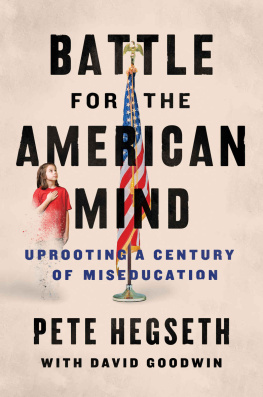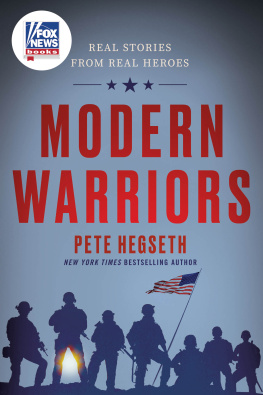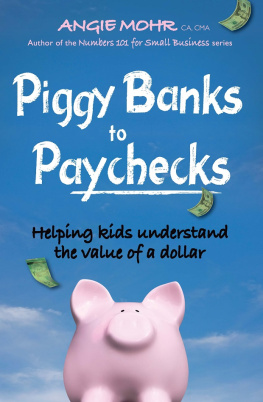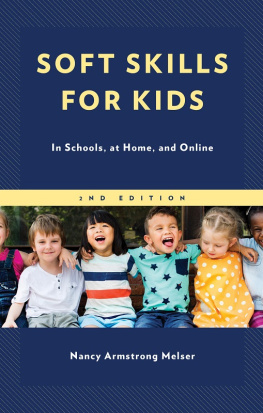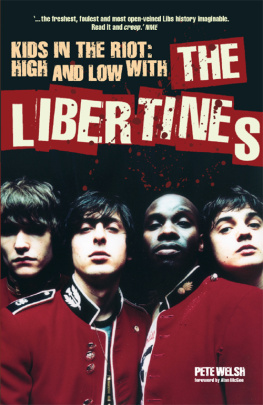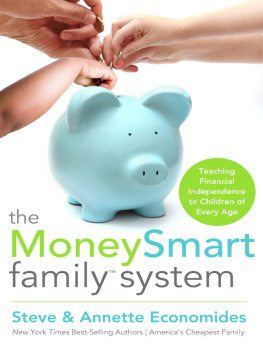To the parents who pioneered classical Christian renewal, now forty years on
Only the educated are free.
Epictetus, Roman slave turned counselor to emperors
Contents
T his work flows out of two very different journeys. Neither of these journeys originated in education, but then, this book is not just about education. It is about our freedom, our culture, and our familiesand the quiet peril inflicted upon all three. Pete Hegseths journey takes him through Ivy League colleges, Division 1 sports, military combat, and television news. My journey contrasts with Petes experiencegeographically and otherwise. I grew up in rural Idaho, went to state college, and spent my first decades in business and technology. Pete and I do share at least one experience: we were both educated in government schools, and both of us saw a problem. This prompted us to ask questions about some deep cultural fissures that have formed in our lifetimes. In the course of writing this book, the fissures have grown into a crevasse, and may threaten the future existence of America as a single nation.
More than a decade into my first career with tech company Hewlett-Packard, I had traveled and observed Europe and America, from Finland to Madrid, from New York to San Francisco. I did market researchspecifically focus groups. From this experience, I noticed a curious disconnect between peoples everyday lives and the stories they seemed to believe about lifes big questions. I had friends who were atheists but lived noble family lives, sacrificing for a world created by random chance. Hmm... this perplexed me. I volunteered in church leadership, serving Christian college students, many of whom lived out beliefs that were inconsistent with the Bible we had studied together. They seemed shallow and unwilling or unable to connect the dots on big topics. Hmm... Christians and secularists seemed to live out the same story in their lives, more or lessmyself included, in many ways. It was as if there were a powerful invisible force pulling both groups in the same direction.
When I first encountered classical Christian education in 1994, my wife, Stormy, and I joined a small group that eventually started The Ambrose School in Boise, Idaho. This was five years before our first child was born (shes now at a classical Christian college). Over the next two decades, I came to understand why peoples stories did not correspond with their lifestylein both directions. In a word, it was called paideia. That invisible force I had noticed had a name. While Im not an academic, I was a marketing analyst trained to size up anythings potentialwhether it was a new product, a service, or an idea. In short order, I realized this wordpaideiawas big. So big, that in 2003 I left my rising career in tech to help build a fledgling classical Christian school.
In this new career, I wanted to understand why classical Christian education mattered so much to so many people. Like me, many others had left lucrative professional careers to join the classical Christian school building project all over the country. As I talked to colleagues, it became clear that we had all seen the handwriting on the wall: Americans were increasingly diverging politically between red and blue states, but shared so much of everything elsefrom where they went to college, to what friends they had, to the goals they had in life, even to small things like the entertainment they enjoyed. This could not be stable. It could not last. So, I began a research project to find the answers.
After a guest lecture I attended on the Progressives, I took the elevator to the fourth floor of the library where I had been told to meet the archivist. I was searching for the source of a quote the lecturer had used. It included the word plasticity. Since I didnt have the exact citation, I asked to see every issue of The New Republic published between its founding in about 1914 and 1940. I expected a box of microfiche film. The archivist brought four stacks of magazines tied together with twine, and many more in cardboard boxes. They shed clouds of dust on the table.
This was going to take a while. But I had a plan that should shorten things a bit.
I planned to look at the table of contents for each issue on the topic of education and scan the articles with a portable scanner. I soon realized education appeared in nearly every issueand often as a centerpiece. John Dewey, father of modern progressive education, wrote often. But the editorial board was almost as active and revealing about their intent. This was the first clue that the Progressives were far more interested in K12 education than I thought. I later found out they essentially invented it, at least as we know it today.
The sun went down outside, unbeknownst to me. As I worked my way back to the elevators, a sign jutted out from a row of shelves simply labeled education. All day, I had been just feet from this section. I was sure some academic must have already researched this topic, if only I could find it. I glanced at the clock and saw that I had fifteen minutes before closing. I walked into the aisle.
The section labeled educational history drew my attention. As I pulled book after book off the shelf, I looked at the authors bios: Educational Doctorate, U.S. Department of Education, Professor of Education. Clearly, progressive educators were the ones writing about educations history. I took a few out. There wasnt much new in what I quickly fanned through. It seemed analogous to reading the story of the Bolshevik Revolution as told by Lenin. But I had been avoiding the thickest books on the shelfthree of them.
Finally, I opened the first of the three thick volumes of Lawrence Cremins American Education. Cremin was an historian. One of the volumes had a seal on the dust cover that read Pulitzer Prize. His bio said he was at Columbia University. This sounded promising. A quick internet search revealed that his revelations about the history of American education made progressive educators uneasy. Yet, rarely had I read such a well-sourced and thorough history of anything. Why was the educational establishment critical of Cremins work?
Somewhere in the second volume, Cremin landed on the missing center around which all of those thinkers I had read thus far had orbited. Youll find the quote in of this book. My research on the Progressives snapped into alignment. I had been looking for what the Progressives did; I wanted to know how they informed the plasticity of the child. I had not imagined that they simply removed an ingredient. Nor did I imagine that any ingredient could possibly have been that significant.
Cremin used an unusual wordpaideia. I went on to research this word and it opened a narrative that cast light into nearly every corner of our current situation. Research led me to scholarship on ancient Rome and Greece, Americas founding, the changes to Christianity in the nineteenth century, and many more dusty library corners. I read another three-volume set by Harvard scholar Werner Jaeger, describing one single wordpaideia. The reason for the discord in the lives of Americans and Americas cultural decline came into view.
Early in 2020, I was introduced to Pete Hegseth. In my work for the Association of Classical Christian Schools, Im often asked education-related questions by the media. Pete was the first member of the media to actually take up a shovel and dig for answers. He asked more and more questions. I sent him a few chapters of a draft manuscript I had written to provide him with in-depth answers. In the months that followed, Pete would call and say, Do you really mean that... ? It usually had something to do with the American founders, or some aha moment. At some point he said, We have to get this story out. What can I do to help? In the subsequent year, I consulted on a five-part documentary for FOX Nation called

